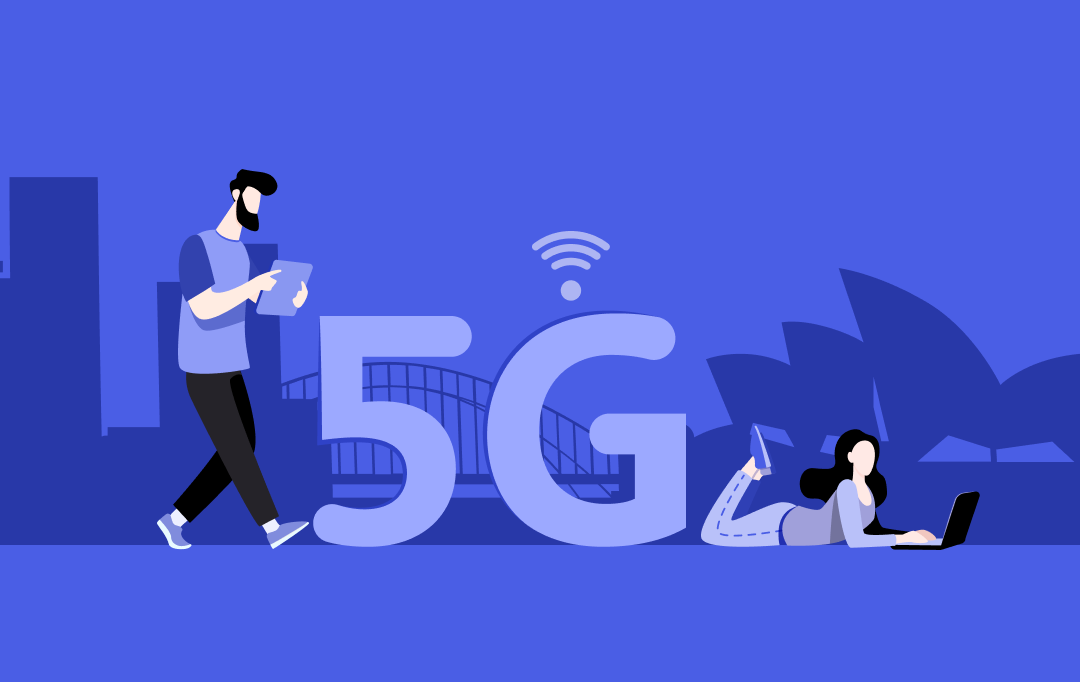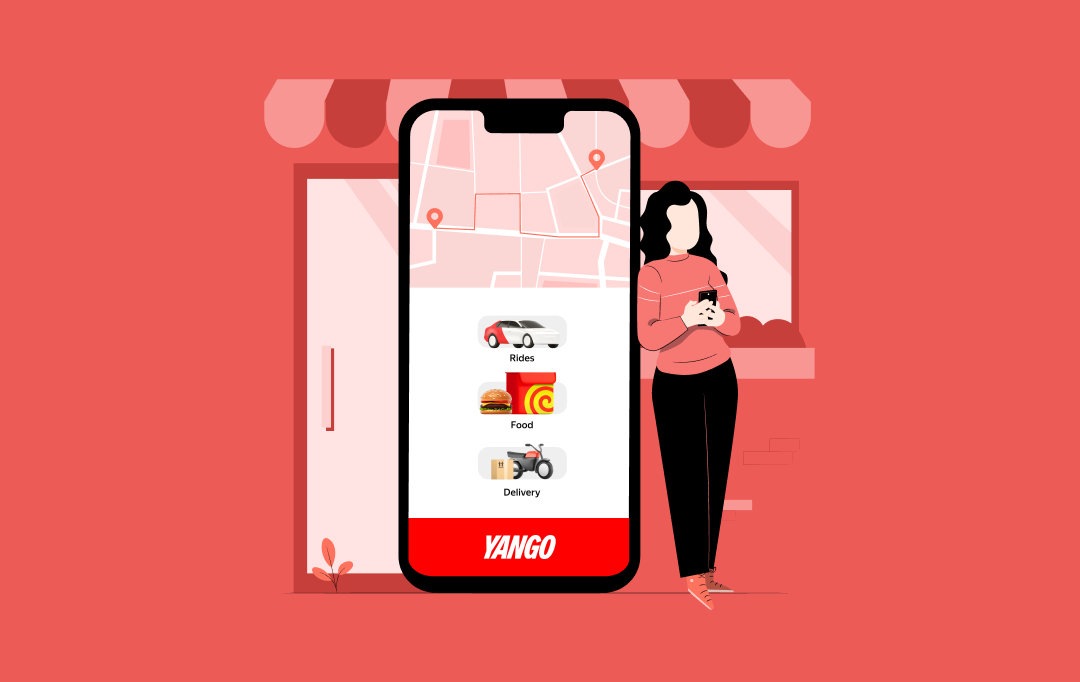Airbnb’s popularity has skyrocketed as an alternative to hotels since its launch in 2008. This online marketplace lets travellers find a home-like place in a foreign city and lets hosts give their home in exchange of rent.
As of now, there are 2.9 million hosts on Airbnb worldwide and more than seven million listings in over 200 countries. The site has more than 150 million users, with an average of six renters checking into an Airbnb-listed property every second.
The unique service offered by Airbnb has made it climb the success ladder in just a few years of launch. Moving further, we will discuss the Airbnb business model and Airbnb revenue model in detail.
What is the Airbnb Business Model to Make Money?
Airbnb business model is an aggregator business model just like Uber and OYO. They don’t have the business model like hotels such as Hilton and Marriott. Just like Grubhub’s business model, Airbnb also runs with the help of an online platform that connects each component in the model. Airbnb’s biggest assets are the individuals and the hosts who are the key components in the Airbnb process. Airbnb acts as a platform for hosts and travelers. Hosts can put up their property for stay, and if someone wishes to stay there, the hosts get rent in exchange. The individuals who stay at Airbnb get a completely different experience by staying close to the locals.
Airbnb has photographers who take high-definition shots of the properties which lets travelers choose from the real-looking places and make the right choice.
Airbnb Revenue Model to Make Money
The revenue model of Airbnb to make money consist of a fee that is charged from the hosts and the travelers, which is somewhat similar to the Postmates revenue model. Postmates also earns through fees. The Airbnb revenue model runs on the listings and stays. Airbnb offers a platform where these listings and bookings are made and this is how Airbnb makes money. Airbnb revenue comes from two major sources:
- Commission from hosts: Everytime someone chooses a host’s property and makes payment, Airbnb takes 10% of the payment amount as commission. This is one of the components of Airbnb fee structure.
- Transaction fee from travelers: When travelers make payments for stays, they are charged a 3% fee for the transaction. This amount adds to the Airbnb revenue.
Airbnb Market Segmentation
So far we have learned what Airbnb is and how it works. Now let’s take a look at the Airbnb market segmentation:
Hosts:
- Hosts are those people who list their spare places on the website which, if booked, will give hosts rent in exchange.
- Hosts have the liberty to accept or reject the travellers by reading the reviews from other hosts.
- They can list their property with the facilities they will be providing along with the rent, check-in and check-out time.
Travellers:
- Travellers are those who book the living space from hosts on rent.
- They have the option to filter the search as per their needs and wants. They can set the rent amount range, basic amenities they will need and the number of guests.
- They can book by paying the amount online. This is said to be the most hassle free booking.
Photographers:
- Airbnb hires freelance photographers to click high-definition pictures of the property.
- The best quality photographs that get the most bookings are paid by Airbnb.
Airbnb Cost Structure
The Airbnb cost structure has three main costs involved. These are:
- Salary to the permanent employees: Anyone who is working in the physical office of Airbnb has to be paid monthly salary and other amounts as a part of salary.
- Technological set up and running cost: The cost incurred to set up the technology to run the business such as the website, servers, etc. are to be paid by Airbnb. Also, they have to pay the cost of running the business such as electric bills and other small rents.
- Payment to freelance photographers: Airbnb has hired freelance photographers to click the best quality picture for the website. For this service, Airbnb has to pay the photographers the decided amount.
Airbnb: Key Problems and Solutions

No business concept is perfect, there are always some problems, but it is how you solve them that makes the business successful. The Airbnb business concept is no different. They have also faced some issues, but they solved them quite smartly. We will look at two of the biggest problems that Airbnb business plan faced:
- Trust issues: Trust was the biggest issue that the hosts and the traveller faced while using Airbnb. For the hosts, it was a skeptical step to give their house to any stranger to live in and travelers felt the same about sharing a place with complete strangers. However, Airbnb has a verification process that verifies both the hosts as well as travelers. Airbnb has also added the feature for travelers and hosts to connect their social media profile to this platform for better transparency.
- Traveler retention: For any business, retention strategies are quite important since the existing customers highly contribute to the growth of business. Time to time offers, discounts, credits, etc., for travelers were added to the Airbnb business plan to give effect to traveler retention.
- Competition: Ever since Airbnb launched, it has only seen good growth. But good growth brings competition of its own. Many websites have completely copied the Airbnb business plan and their cost structure. Even though Airbnb has become a renowned brand now, they are constantly working on Airbnb market strategy to differentiate themselves from the others.
The Future of Airbnb

Airbnb was never a billion dollar company, it has come a long way since AirBed and Breakfast. In the past years, Airbnb has continuously changed and modified its business model and website. The website was the only way to make the bookings but now they have expanded to apps.
With the rise in use of apps, mobile app development agencies have started getting more and more projects from businesses. And businesses are moving towards mobile apps since the mobile app development cost is not that high anymore.
It is seen that Airbnb guests have higher daytime spending ($740) than the hotel guests ($530). 60% of these guests at Airbnb say that they spend the money they save from Airbnb. This increases the overall spending of Airbnb guests contributing to the economy of the place.
With this, Airbnb wants to take over the hotel business and become better at providing services than hotels. They are aiming at serving 1 billion travelers annually by 2028. And this can be done by adding more and more cities to the list.

Here are some of the future business plans for Airbnb:
- After flexible dates, Airbnb is adding two new search options – flexible destinations and listings.
- With flexible destinations, Airbnb’s app or website might recommend certain unique types of homes such as adobe houses or castles
- Airbnb is also launching a faster checkout process, updated review systems, and clearer cancellation policies.
- They are also planning to double the number of customer support representatives.
This was our take on Airbnb business model. If you enjoyed this blog on Airbnb business strategy, we have discussed more such business models on our official blog of Appinventiv. If you’re looking to build a solution like Airbnb, our team at travel app development company Appinventiv can help bring your idea to life with scalable and feature-rich applications.
Beta feature
Beta feature
Beta feature



10 Industry-Wise 5G Use Cases Transforming Australian Businesses
Key takeaways: Industry Transformation: 5G is revolutionizing key sectors in Australia, including healthcare, manufacturing, agriculture, and logistics, by enabling real-time data processing, enhanced connectivity, and automation that improve operational efficiency and customer experiences. Enhanced Connectivity for Regional Areas: 5G technology bridges the connectivity gap in remote and regional areas of Australia, supporting industries like agriculture…

How to Build a Secure App in Australia in 2025? All You Need to Know
In today’s hyper-connected world, mobile apps aren’t just conveniences; they are the baseline of modern business. From banking and healthcare to retail and government services, apps power our daily lives. But this digital revolution has a dangerous downside: cyberattacks are escalating alarmingly. More than data exposure, this security breach costs businesses a lot, destroys customer…

How to Build a Ride-Hailing App Like Yango Ride?
Dubai's streets are buzzing with innovation. The city is fast becoming a playground for smart mobility, from AI-driven traffic systems to autonomous taxis. In the middle of it all, the decision to build an app like Yango has brought serious traction, offering seamless, affordable, and tech-savvy transport alternatives. But here’s the thing: success in this…


















